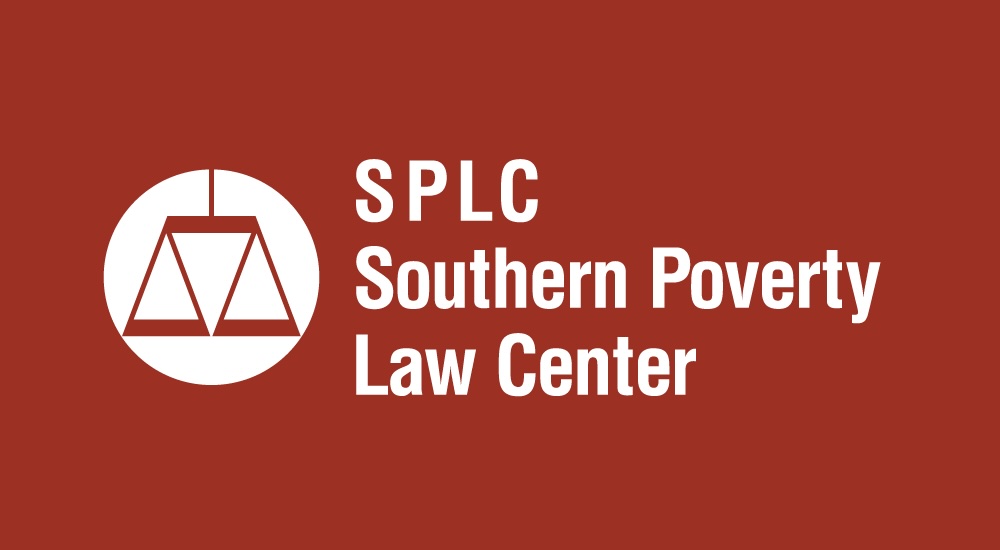
The Southern Poverty Law Center (SPLC) brands itself as a civil rights watchdog.
Founded by Morris Dees, Joseph Levin and Julian Bond in 1971 in Montgomery, Alabama, it gained a favorable reputation in liberal circles in the 1980s for filing civil lawsuits for monetary damages on behalf of the victims of violence from the Ku Klux Klan (KKK).
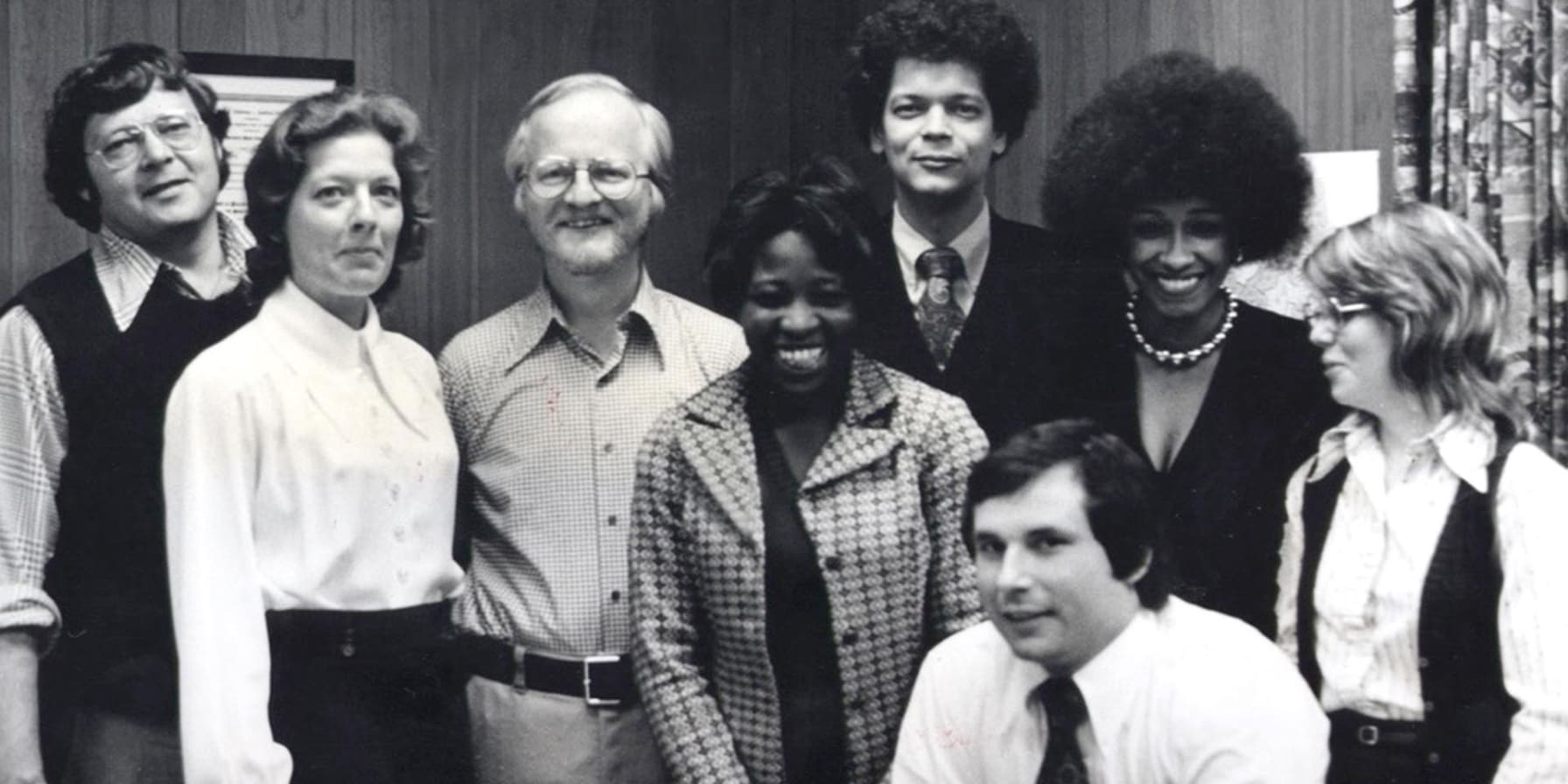
Unfortunately, under the more recent leadership of Margaret Huang—a U.S. State Department adviser with a career rooted in regime-change operations abroad—the SPLC morphed into something entirely different from what the original organization was intended: a domestic proxy for federal power, advancing intelligence narratives and targeting dissent under the guise of social justice.
Ms. Huang resigned on July 14, 2025, and her departure as far as I’m concerned is nothing short of good riddance.
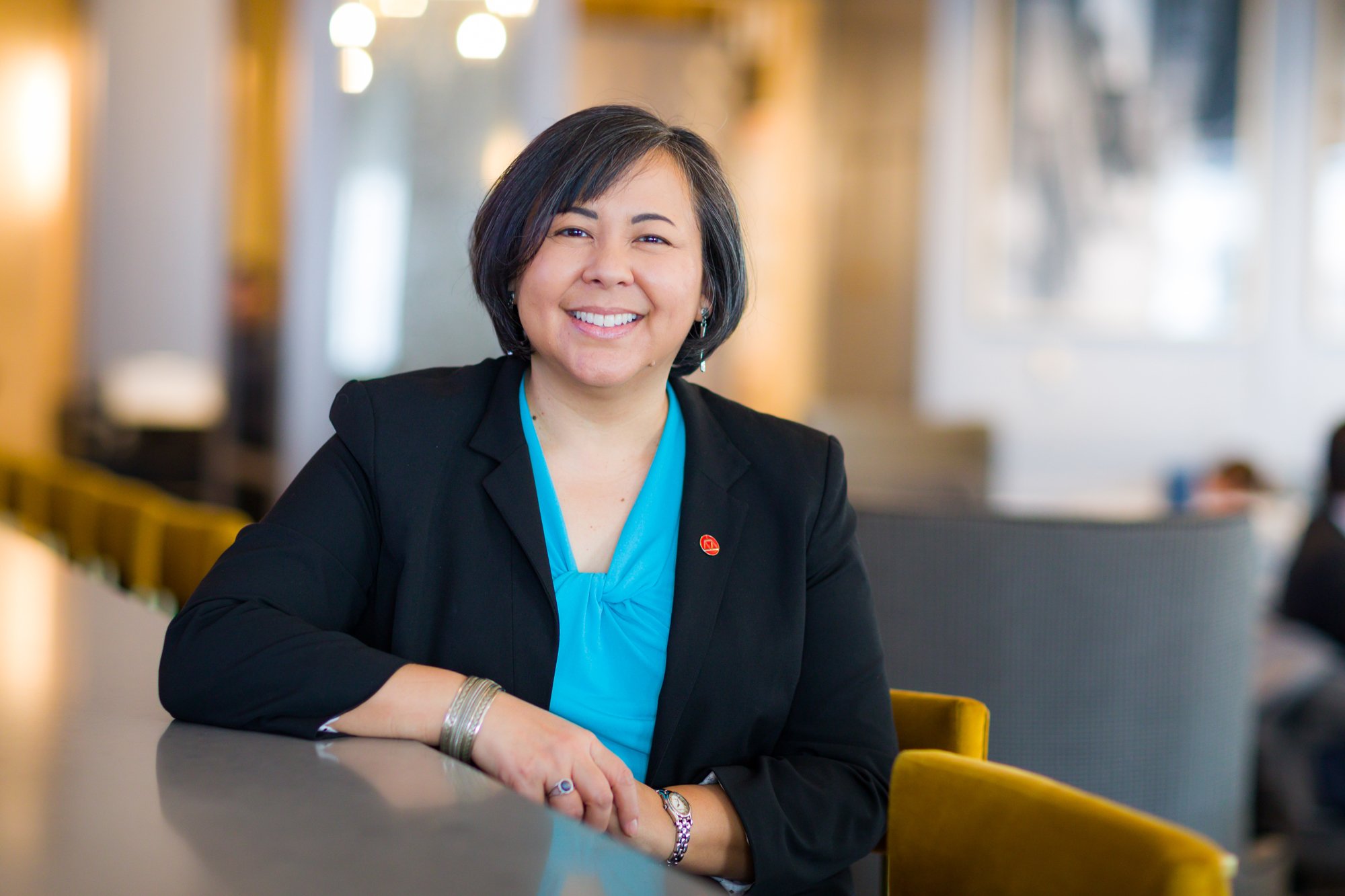
In the summer of 2021, I attended a Zoom meeting set up by a local organizer, Laurie Woodward Garcia. Ms. Garcia’s group, Broward for Progress, promoted its concern for racial equality and human rights—two platform planks I wholeheartedly support.
The Zoom meeting was part of a series of events with the Indivisible Florida Network. After a brief introduction, Ms. Garcia turned the Zoom meeting over to representatives from SPLC.
Within seconds, they spoke vehemently about their “anti-government” concerns—which seemed to instantaneously transform all dissent into dangerous extremism. The wide net they cast prompted me to ask in the chat whether “anti-government” activities extended to peaceful protests done by anti-war and environmental activists.
Well, I was booted from the Zoom as fast as my fingers finished typing the question. At first, I was stunned by my sudden removal; then I started researching Margaret Huang and understood that, before taking over the SPLC in 2020, Ms. Huang was Executive Director of Amnesty International USA—an NGO deeply embedded in U.S. foreign policy objectives.
Amnesty International USA has repeatedly supported “pro-democracy” movements abroad that just happen to align with U.S. regime-change goals, from Myanmar to Iran to Venezuela. Its role has been to destabilize non-aligned governments and support opposition factions under the language of rights.
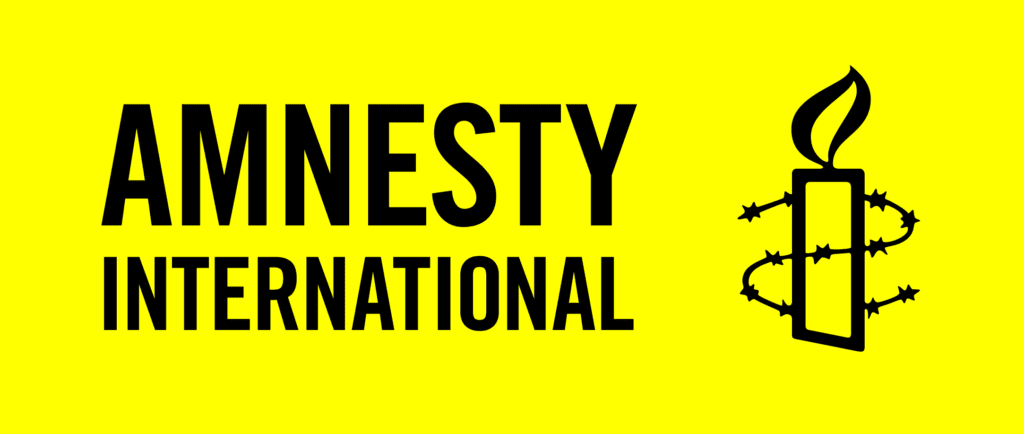
This led me to conclude that Ms. Huang did not retire from that work—she merely changed her theater of operation. Under her direction, the SPLC adapted foreign regime-change tactics for use inside the United States.
Prior to this position Ms. Huang served as Director of the U.S. Program at Global Rights, Program Director of the Robert F. Kennedy Center for Human Rights, and Program Manager at The Asia Foundation, which has in the past operated as a CIA front.
Earlier in her career, she served as Committee Staff for the U.S. Senate Foreign Relations Committee.
Not surprisingly, given this background, Huang increasingly directed SPLC’s considerable resources toward discrediting domestic political opposition—not limited to the far right, but encompassing environmental activists, medical freedom advocates, parental rights organizations, and anti-war voices.
Under Huang, critics of federal policy are no longer treated as citizens with grievances, but as potential threats to the state.
The SPLC’s flagship products—its Extremist Files, Hatewatch blog, and annual Year in Hate reports—no longer simply document hate groups.
Mixed with legitimate warnings about hard-right white supremacists, they now construct a narrative framework where opposition to war, vaccine mandates, centralized education, or corporate environmental policy is equated with hate or extremism.
Conservative groups like the Family Research Council are also constantly, and unfairly, labeled as white supremacist and extremist, as are Black nationalists like the New Black Panther Party.[1]
The strategy is simple: Collapse the distinction between violence and dissent, and position all political deviation as a form of latent terrorism. This is a modern update of COINTELPRO tactics, reframed for the era of online blacklists and algorithmic censorship.
The SPLC’s domestic function today mirrors how U.S. intelligence NGOs operate overseas. Freedom House and the National Endowment for Democracy, for example, routinely label foreign governments “authoritarian” when they resist U.S. strategic interests. They fund opposition groups, shape media narratives, and provide cover for economic warfare or intervention.
At home, the SPLC plays the same role—framing political dissidents as “extremists,” amplifying narratives that justify censorship, and feeding reports into a network of media outlets, tech platforms, and federal agencies. The tactic is identical; only the geography has changed.
Critics of centralized power are now categorized into ideologically loaded buckets. Independent journalists challenging censorship narratives are tagged as conspiracy propagandists. Traditional Catholics questioning liberal Vatican reforms are rebranded as radical extremists.
Citizens concerned with land rights or federal overreach are swept under the vague umbrella of “sovereign citizens.” Even vague cultural archetypes like “male supremacists” or “incels” are repurposed to justify the monitoring of legal political speech.
In its 2024 Year in Hate Report, the SPLC listed more than 1,300 so-called hate and extremist groups—many of them labeled “anti-government.” That term, in practice, now applies to a wide spectrum of dissent: home-schooling parents, privacy advocates, environmentalists opposed to industrial contamination, vaccine skeptics, and local political organizers. This broadening is not accidental: It enables SPLC data to be used in everything from corporate policy enforcement to government briefings.
It is beyond frightening that the SPLC’s reports were routinely cited in Department of Homeland Security bulletins and FBI threat assessments despite criticism. In January 2023, the FBI’s Richmond Field Office issued a domestic intelligence bulletin identifying so-called “radical-traditionalist Catholics” as potential violent extremists. The report explicitly cited the SPLC as a source.
After public backlash, the FBI rescinded the memo but confirmed its reliance on SPLC classifications during internal threat modeling. The Department of Homeland Security has also referenced SPLC data in national-level assessments produced by its Office of Intelligence and Analysis.
Congressional Republicans, including Senators Chuck Grassley and James Lankford, have since demanded that federal agencies cease using SPLC materials, citing the organization’s political bias and lack of methodological transparency.
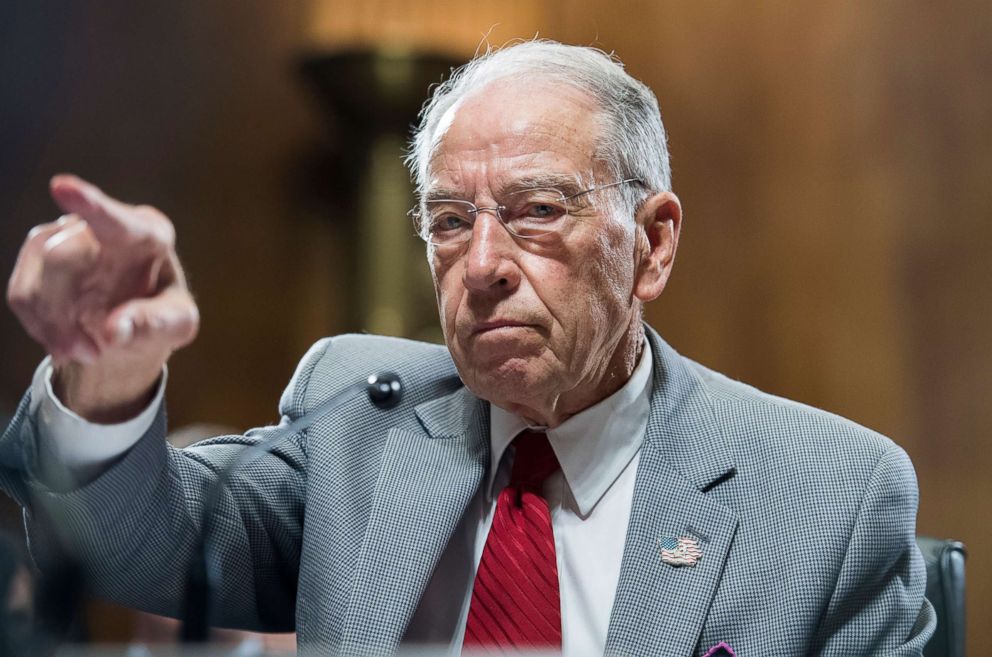
Despite these warnings, SPLC reports remain embedded in the analytical workflows of DHS fusion centers, FBI field offices, and private-sector partners through shared databases and advisory documents.
This creates a closed feedback loop where an unaccountable non-profit’s classifications can influence policing, surveillance, and platform moderation—with little or no public scrutiny or procedural recourse.
In 2019, Bob Moser wrote a damning indictment of the SPLC’s internal management in The New Yorker that discussed how the election of Donald Trump led to a flood of corporate and liberal money being poured into the organization, including $500,000 from JPMorgan, which pushed the SPLC’s endowment past $450 million.
A hidden nefarious agenda seems to be to divert political activism away from addressing economic inequality and class warfare, and to inflate the threat of white supremacy and domestic extremism so as to advance police-state measures. Additionally, there is the added bonus of further polarizing the American electorate by labeling religious conservative and Trump supporters as domestic terrorists and extremists.
Margaret Huang seems to have been the perfect person to advance the agenda of SPLC’s big donors. With her departure, perhaps SPLC can return to its roots and try to genuinely protect civil and human rights and not violate them.

Nathan J. Robinson pointed out in Current Affairs that some groups labeled as extremists by the SPLC actually barely exist at all or are actually one individual who is made to seem like more of a threat to domestic security than he/she actually is. A lot of these groups are pitiful, Robinson wrote, with no community standing, but are made out to seem much worse than they are so the SPLC can solicit donation money. Many of the people singled out are poor, uneducated and marginalized, enhancing cultural stereotypes about the poor. According to Robinson, the SPLC does not actually link to or provide details about many of the groups it profiles, perhaps, he says, “because this would reveal what a joke many of them are. When it does dive deeper, the results are often predictably comical.” ↑
CovertAction Magazine is made possible by subscriptions, orders and donations from readers like you.
Blow the Whistle on U.S. Imperialism
Click the whistle and donate
When you donate to CovertAction Magazine, you are supporting investigative journalism. Your contributions go directly to supporting the development, production, editing, and dissemination of the Magazine.
CovertAction Magazine does not receive corporate or government sponsorship. Yet, we hold a steadfast commitment to providing compensation for writers, editorial and technical support. Your support helps facilitate this compensation as well as increase the caliber of this work.
Please make a donation by clicking on the donate logo above and enter the amount and your credit or debit card information.
CovertAction Institute, Inc. (CAI) is a 501(c)(3) non-profit organization and your gift is tax-deductible for federal income purposes. CAI’s tax-exempt ID number is 87-2461683.
We sincerely thank you for your support.
Disclaimer: The contents of this article are the sole responsibility of the author(s). CovertAction Institute, Inc. (CAI), including its Board of Directors (BD), Editorial Board (EB), Advisory Board (AB), staff, volunteers and its projects (including CovertAction Magazine) are not responsible for any inaccurate or incorrect statement in this article. This article also does not necessarily represent the views the BD, the EB, the AB, staff, volunteers, or any members of its projects.
Differing viewpoints: CAM publishes articles with differing viewpoints in an effort to nurture vibrant debate and thoughtful critical analysis. Feel free to comment on the articles in the comment section and/or send your letters to the Editors, which we will publish in the Letters column.
Copyrighted Material: This web site may contain copyrighted material the use of which has not always been specifically authorized by the copyright owner. As a not-for-profit charitable organization incorporated in the State of New York, we are making such material available in an effort to advance the understanding of humanity’s problems and hopefully to help find solutions for those problems. We believe this constitutes a ‘fair use’ of any such copyrighted material as provided for in section 107 of the US Copyright Law. You can read more about ‘fair use’ and US Copyright Law at the Legal Information Institute of Cornell Law School.
Republishing: CovertAction Magazine (CAM) grants permission to cross-post CAM articles on not-for-profit community internet sites as long as the source is acknowledged together with a hyperlink to the original CovertAction Magazine article. Also, kindly let us know at info@CovertActionMagazine.com. For publication of CAM articles in print or other forms including commercial internet sites, contact: info@CovertActionMagazine.com.
By using this site, you agree to these terms above.
About the Author
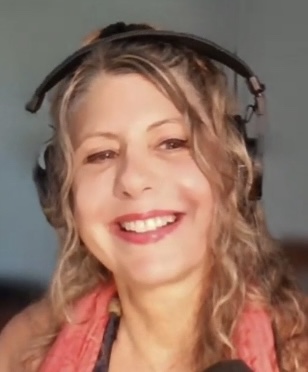
Gloria Guillo, MPA is an investigative journalist, former Public Administrator and singer, songwriter.
She co-hosts Uncontrolled Opposition with Jeremy Kuzmarov.
Gloria can be reached at un.ops@icloud.com


SPLC will never change, they are a tool of the state and have been so for many years. They use the terms “bigot,” “racist,” and “hate group” as a cudgel to bludgeon those who deviate from state run narratives or what are considered “socially unacceptable” positions within the greater political framework. Once an unholy alliance is made between an NGO and the state, the pact is as good as if it were sealed in blood.